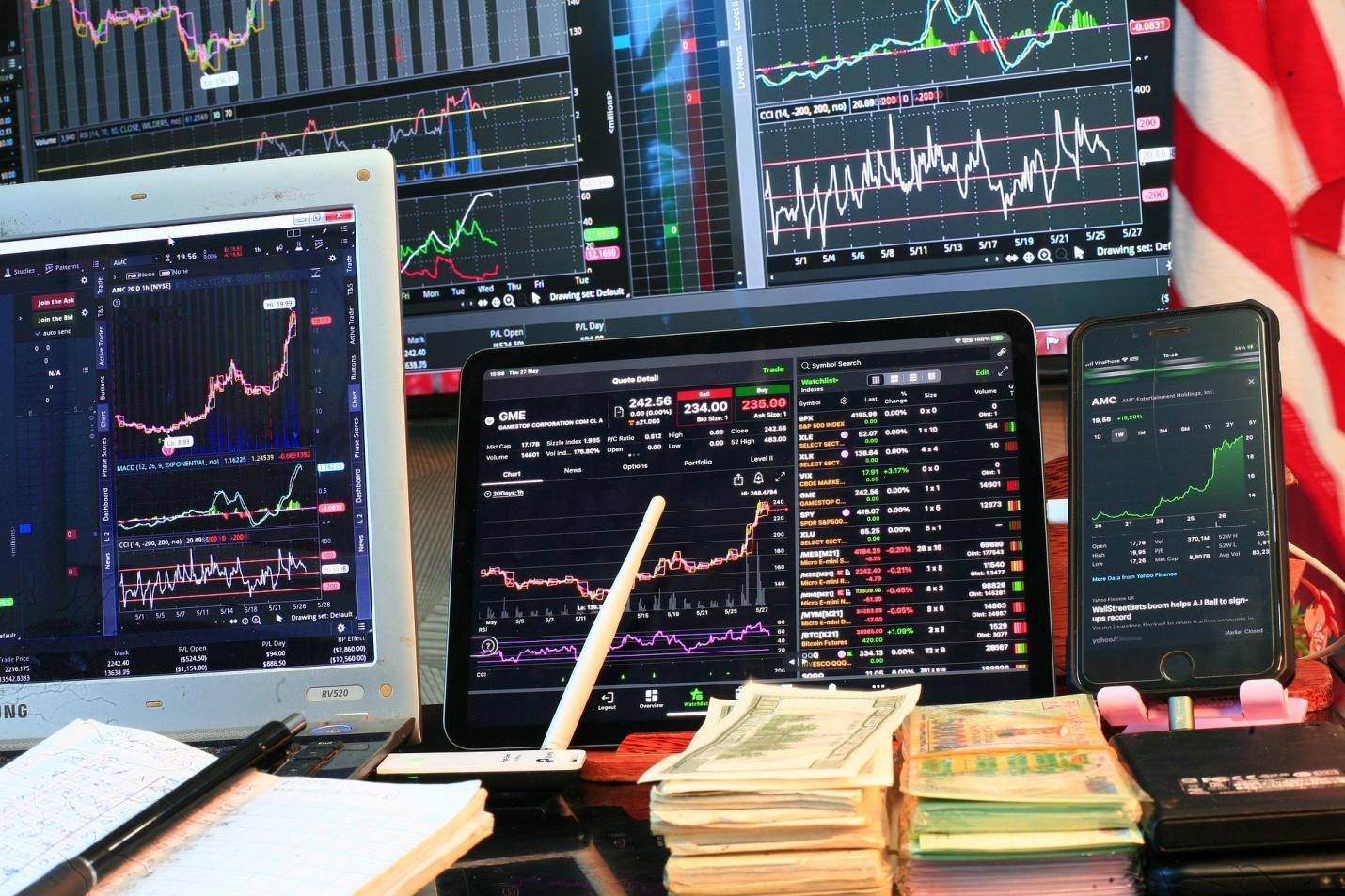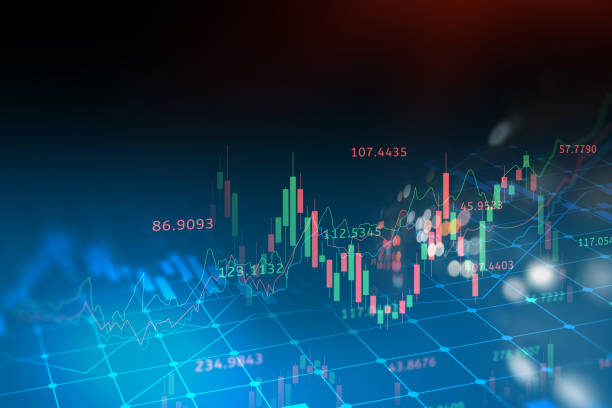The stock market is unlike any other type of company. The performance of national stock markets is sometimes used as a surrogate for a country's economic health or, at the very least, investor optimism about the country's future.
When determining the listing and compliance rules for firms seeking to go public, national exchanges also play a crucial role in policymaking that is often overlooked.
The stock market is often seen as a symbol of national pride, a connection that is not always clear but is still there. With this in mind, developments involving consolidation in the stock exchange industry receive a lot of media coverage.
NYSE

The New York Stock Exchange is the largest in the world in terms of both market capitalization and the value of the securities traded on the sale. The NYSE's market valuation is $27 billion as of April 2022, per the World Forum of Exchanges.
The NYSE was owned only by its floor members, but after buying Archipelago in 2006, Euronext in 2007, and the American Stock Exchange in 2008, it went public in 2006. Since 2013, the Intercontinental Exchange has owned the NYSE.
Nasdaq Inc.
Nasdaq Inc. is the parent company of Nasdaq, the second-largest public stock exchange, the Philadelphia Stock Exchange, and the Boston Stock Exchange. In 2008, NASDAQ purchased the OMX Group, which consisted of seven businesses in the Nordic and Baltic regions. Still, its effort to acquire the London Stock Exchange parent firm was unsuccessful.
The Japan Exchange Group

In 2013, the Tokyo Stock Exchange and the Osaka Stock Exchange merged to become the Japan Exchange Group, the country's fourth-largest stock exchange with a market worth of $6.2 billion. The Tokyo Stock Exchange and the Osaka Stock Exchange date back to 1878, with the former focusing on the cash-equity markets and the latter on derivatives.
The Japan Exchange Group bought Tokyo Commodity Exchange, Inc. in 2019, allowing it to enter the commodity derivatives market. The Japan Exchange Group is an independent regulatory organization that is a publicly listed firm.
London Stock Exchange
The London Stock Exchange Group is a publicly listed business that owns the London Stock Exchange, one of the world's oldest exchanges. According to the company's official history, it started in 1698 at Jonathan's Coffee House, when the first known pricing list for eight pieces was shown.
Not until the telegraph was invented about 1840 did commerce truly take off. To facilitate foreign investment in China's economic growth and to provide Chinese investors direct access to firms listed on the London Stock Exchange, the two exchanges established a "connection" in 2019.
The Stock Exchange of Hong Kong
As of April 2022, the market capitalization of the Hong Kong Stock Exchange (HKEX) was $4.8 billion, making it the fifth most significant exchange in the world. On June 27, 2000, HKEX was the first exchange for becoming public. Leading metals exchange LME was purchased by HKEX in 2012. The Shanghai-Hong Kong Stock Connect was the first of its kind in 2014, and the Shenzhen-Hong Kong Stock Connect followed two years later.
China's Shanghai Stock Exchange
The China Securities Regulatory Commission owns and operates the exchange, making it one of the few stock exchanges in the world. As of April 2022, the business has the third-largest market valuation, at $6.6 billion. The Shanghai Exchange is a non-profit organization with some of the strictest listing and trading requirements among the world's major exchanges.
National Stock Exchange of India and Bombay Stock Exchange
The major Indian exchanges are relics of the older, more conventional exchange models like the Tokyo Stock Exchange. The National Stock Exchange of India (NSE) was established in 1992 and demutualized in 2003, with banks and insurance corporations continuing to have majority ownership. 2223
Brokers and various foreign and local investors and financial institutions possess a majority stake in the Bombay Stock Exchange (BSE, formerly known as the Bombay Stock Exchange). It opened in 1875 and is considered the earliest stock exchange in Asia.
Other Significant Exchanges
No, stocks aren't the only game in town regarding trading and investing. The profits made by exchanges from derivatives trading are substantial. In 2000, the Chicago Mercantile Exchange demutualized, became public, and subsequently bought the Chicago Board of Trade and the New York Mercantile Exchange in the United States.
CME Group has emerged as a formidable competitor in the field of futures and derivatives. The Cboe Exchange also functions as a public market for options trading under the name Cboe Global Markets.
Summary
Company listing fees, trader access fees, and transaction fees can all be demanded by an exchange's proprietor. Given this context, the recent wave of mergers and acquisitions is hardly surprising. These deals are intriguing but don't provide much to the average investor. No combination will reduce the hassle and expense of trading equities listed on foreign markets for U.S. investors.




